Université Catholique de Bukavu (UCB)
Established in 1989, Université Catholique de Bukavu has been a non-profit private higher education institution in Bukavu (South Kivu) for over 30 years. The University offers degree courses, short courses and research activities, focused on following domains: soil organic fertilisation, plant breeding and good quality seeds development, plant protection (pest and diseases), post-harvest handling and processing, forest management and water analysis. UCB has three farms with a total of 250 hectares where livestock and crops are bred and cultivated.
- It carries out scientific research, publishes scientific studies and provides expertise to further development in the country, according to the following main objectives:
- To organise university-level teaching of science in all its forms, with a view to contribute to the socio-economic development of the DRC and more particularly of the Province of South Kivu;
- Conduct research and publication of scientific studies;
- Establish national and international scientific co-operation, adapted to the needs and culture of the Congolese people;
- Encourage young students to understand the problems of society, to help resolve those both at local and international levels;
Democratic Republic Congo – project background
In DRC, the agricultural sector contributes 18% of the GDP and accounts for about 60% of labour, yet it still fails to establish food security and create enough revenue and sustainable jobs. Nearly half of Congolese people live below the poverty line, and the nation must import more than 70% of the food it eats.
Due to poorly developed infrastructure and agricultural value chains, malnutrition still remains one of the leading causes of death among the population, of which anemia in particular.
Given that potato and maize are an integral component of the Congolese diet ánd are high in iron ánd suitable for cultivation in DRC, the development of those staple crop value chains is of high importance. Potatoes in DRC are widely consumed and generally have short value chains, most often as household subsistence crop. In higher altitude areas of South-Kivu and North Kivu, for example, annual per capita consumption can reach 200 kilograms for people living in potato-growing households. However, the average yield in potato production area still very low; less than 10 tons per hectare.
Maize production of DRC has increased from 410,000 tonnes in 1967 to 1.18 million tonnes in 2016. However, the yield still very low; less than 3 tons per hectare.
UCB needs and project goal
Production of agro-products in value chains is weakly developed in DRC. The heavy import dependency exists due to non-competitiveness and high levels of post-harvest losses in agricultural value chains.
The main project goal is the development of potato and maize value chain. In particular: to improve yield and production and thereby increase food availability and nutrition for rural poor households.
Within the university there is a clear need for development of hands on skills in seed value chain management and post-harvest handling of main food crops in the East of Congo. For this project, we focus on the main food crops maize, potato and cassava.
The project goal is capacity building for the university staff to be better able to contribute to inclusive value chain development of main food crops. Staff lack skills and experiences on value chain management and experience in collaborating and working with sector stakeholders on value chain development.
Services rendered
Q-Point focused on capacity building of the staff of the Faculty of Agricultural Sciences on inclusive value chain management for the potato and maize seed chain and Postharvest handling in the Democratic Republic of the Congo.
Output: Strengthened educational and management capacity of Faculty of Agricultural Sciences staff by training, short courses and coaching.
- Curriculum and short courses development;
- Training at stakeholder’s level (farmers, cooperatives, processors, etc) in the field of quality seeds production, post-harvest handling and value addition;
- Support in development of gender sensitive training courses based on the needs of the market;
The UCB Faculty of Agricultural Sciences developed, approved and implemented maize, potato and cassava training curricula and short courses successfully.

Field visit to seed potato farm
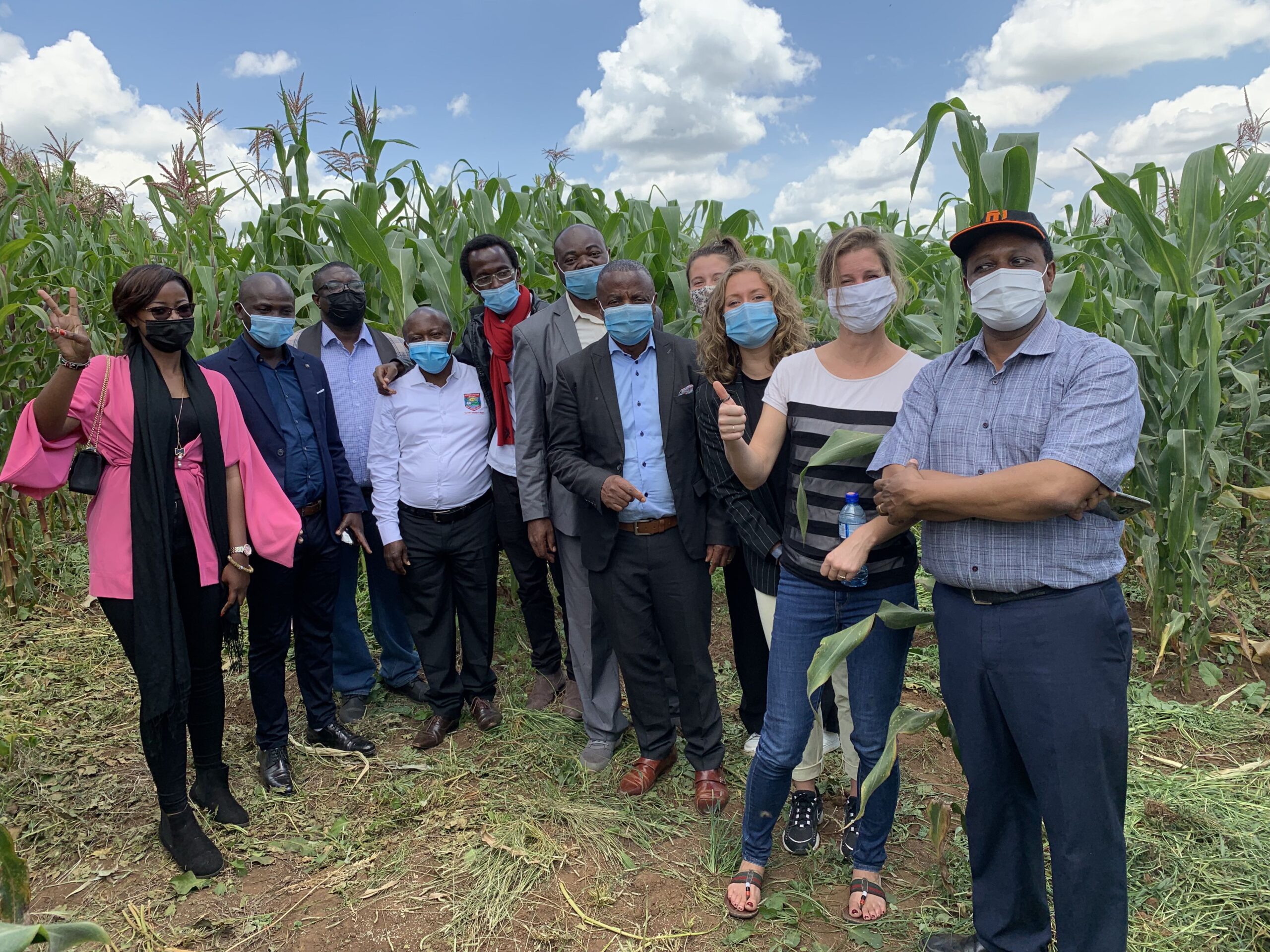
Field visit to maize farm
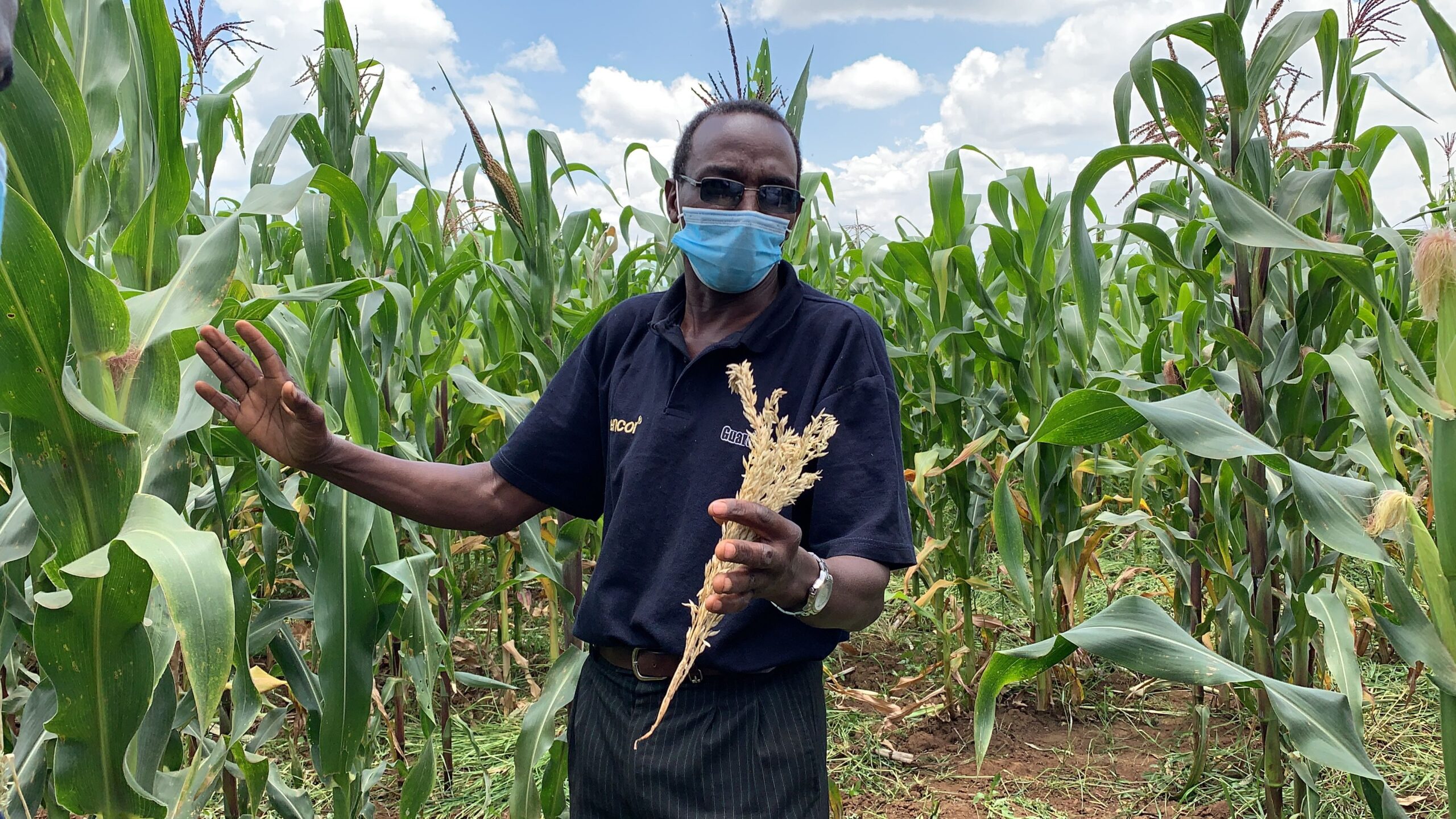
Farmer holding maize
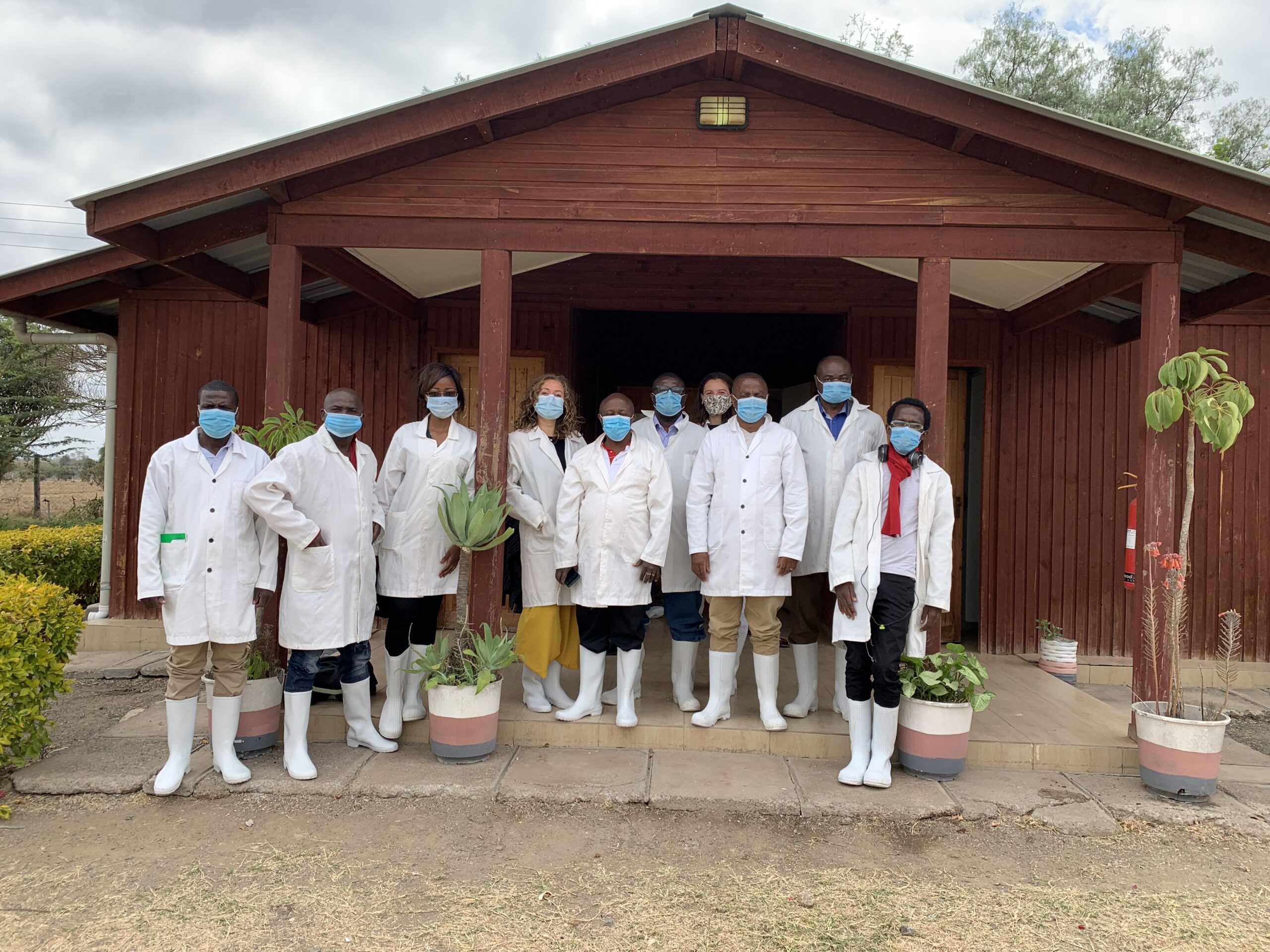
Visit to Latia resource center
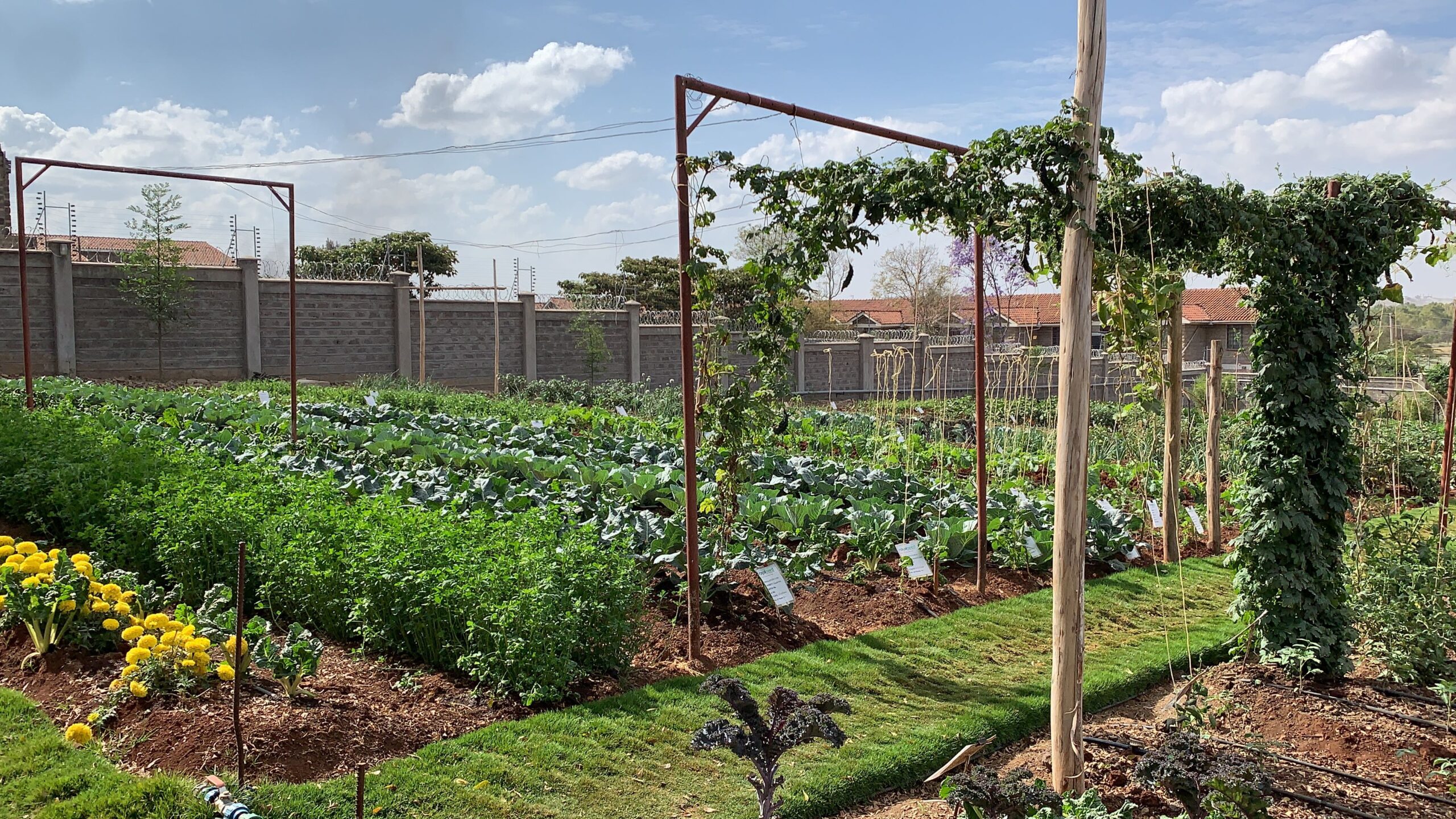
Field visit
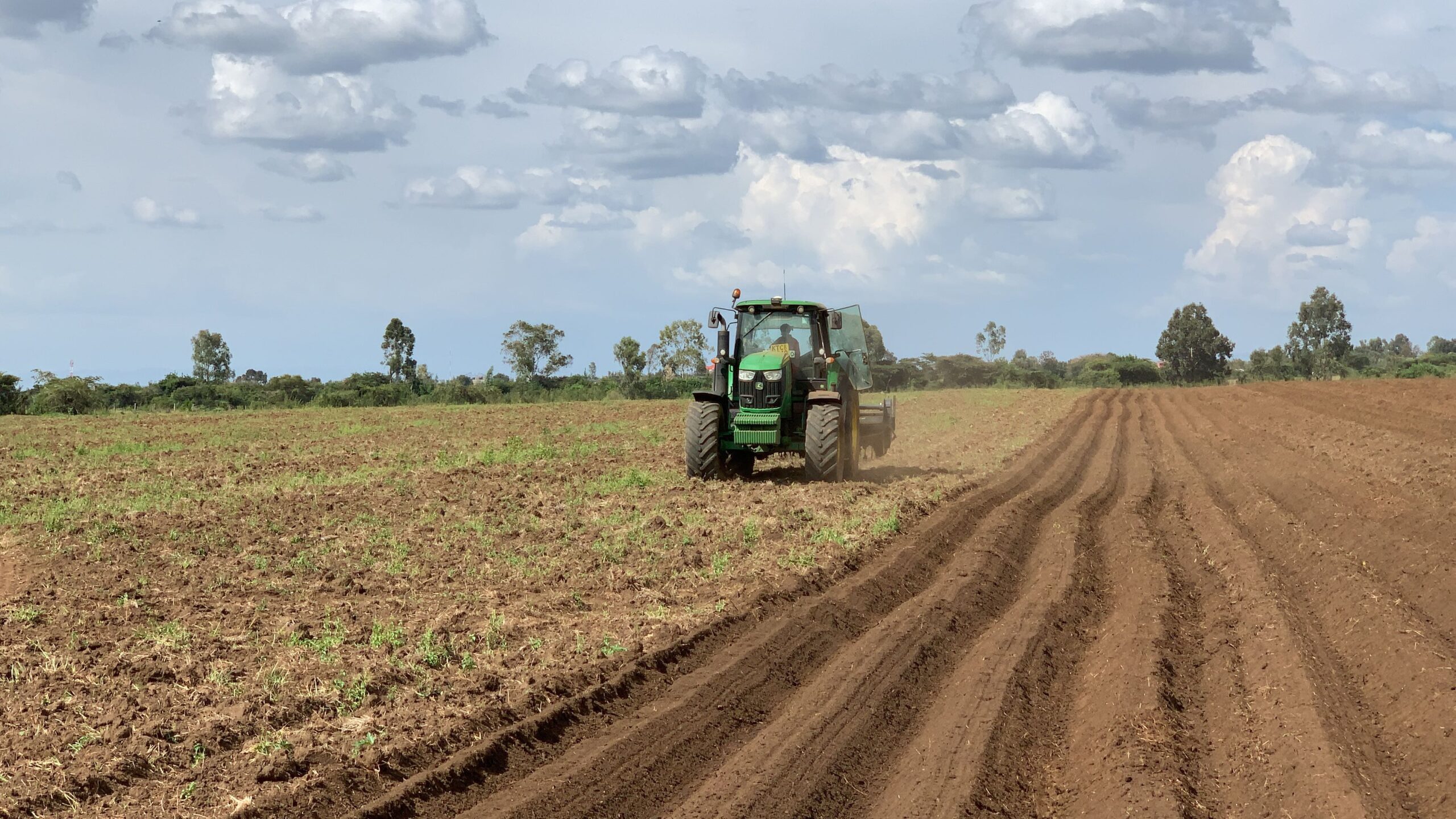
Field visit to Agrico Kenya






